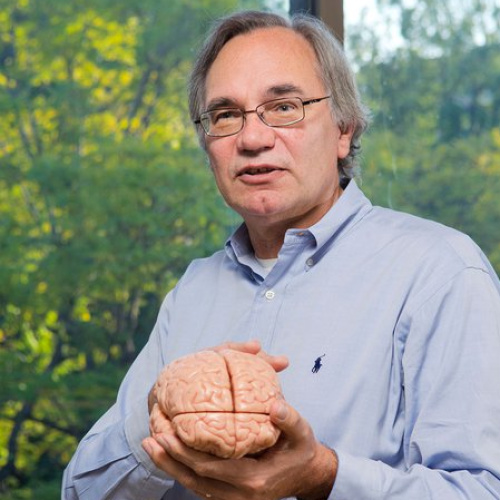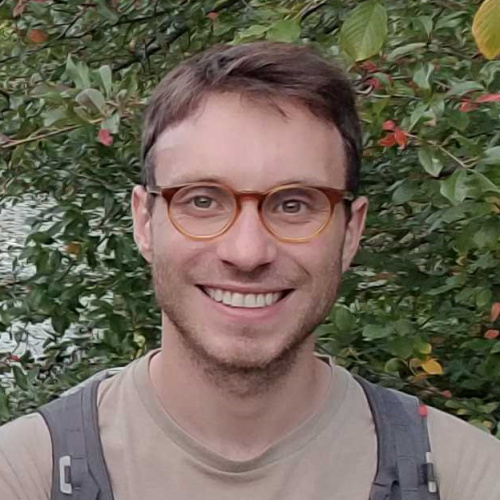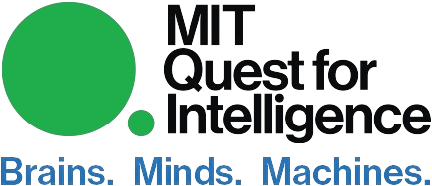Events
Past Events
-

Mission & Platform Update: Perceptual Intelligence & Intelligence Observatory
Date: Tues., Oct. 28th, 4PMLocation: 45-792In this research update, Quest Director Jim DiCarlo and Quest Research Scientist Michael J. Lee will present current research from the Perceptual Intelligence Mission and the Intelligence Observatory Platform. -

Quest Seminar Series: Prof. Richard Andersen, CalTech
Date: Tues., Oct. 14th, 2025Location: Singleton AuditoriumProf. Richard Andersen is the James G. Boswell Professor of Neuroscience at CalTech and specializes in visual physiology. He will speak in Singleton with the Quest on October 14th. -

Quest Seminar Series: Dr. Marcel Binz, Helmholtz Institute
Date: Tues., Sept. 30, 4PMLocation: Singleton AuditoriumMarcel Binz, research scientist and deputy head of the Helmholtz Institute for Human-Centered AI in Munich, will speak with the Quest for Intelligence on Tuesday, September 30th.
